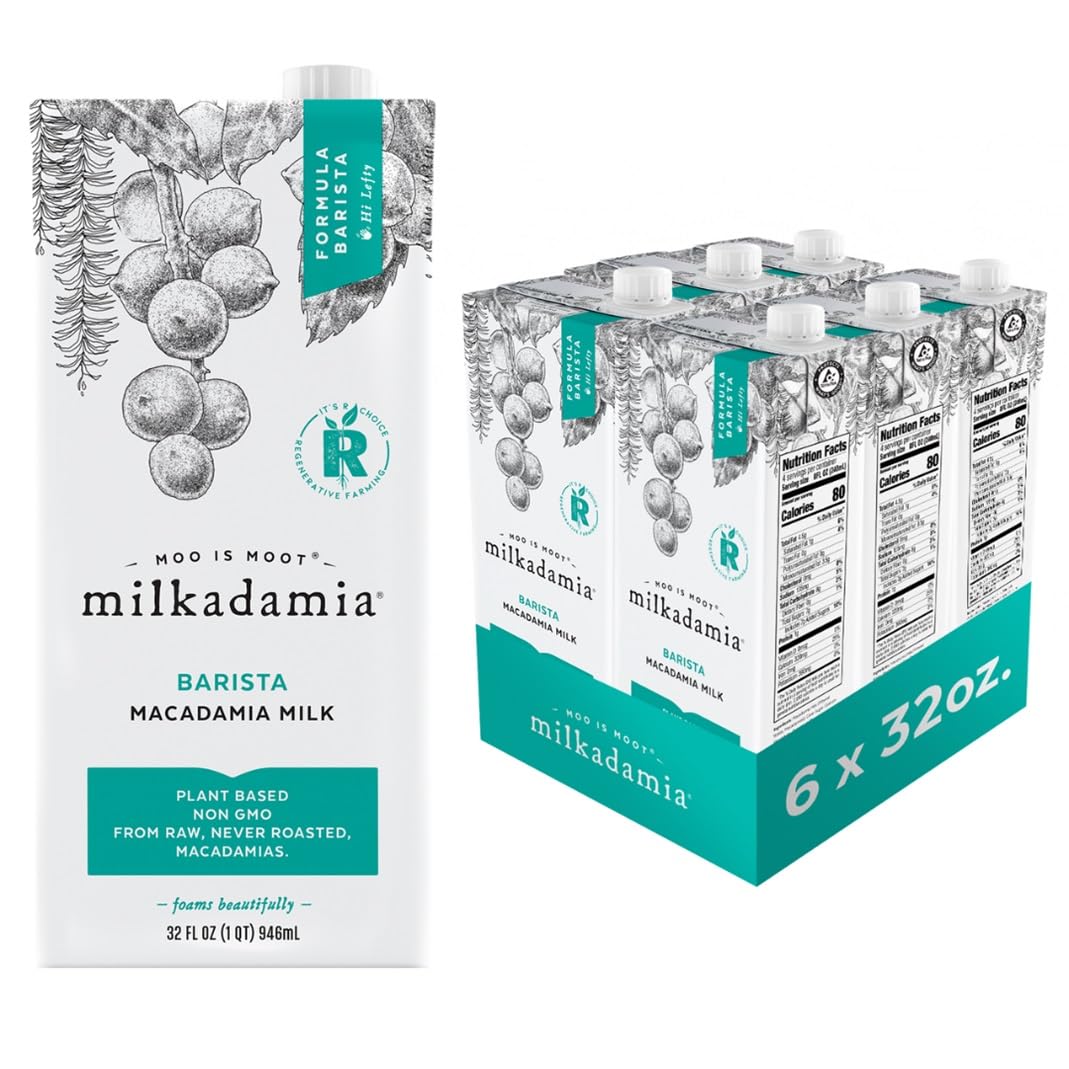
The oat milk “leaves” produce 94% less packaging and 85% less weight when shipped, removing supply chain inefficiencies “for a better planet,” Erdogan-Trinkhaus explained to FoodNavigator-USA during the Plant-Based World Expo in New York City earlier this week.
Each concentrated oat sheet makes 8 fluid ounces of oat milk when blended with water, which is designed to “shift the burden that we always put on the consumer to do the right thing” around sustainability and waste reduction, she said.
milkadamia’s “pre-cycling” initiative intends to “shift the focus from post-consumer waste management to proactive reduction by the manufacturer,” according to the company. This is in addition to the company’s sustainability agenda with its regenerative farming practices in Australia for its macadamia nut milk.
“Consumers have to be the ones who find the right sustainable products. They are the ones who have to consume [and] recycle. … So, the flat pack is basically our [solution] to how can we really disrupt what is happening in the food and beverage world,” Erdogan-Trinkhaus continued.
Leading an industry and consumer-wide education campaign
The brand’s goal is to launch the oat milk flat packs in retail during the first quarter of 2025, with a focus on industry and consumer education, Erdogan-Trinkhaus explained.
“We just started talking about it with our retail partners, our food service partners and the rest of the channels where we think there is huge potential. … We are only teasing the consumers at this time with these shows,” she said.
The company plans to include other 2-D printed plant-based milks, including almond milk, which “has very similar ingredients to all other oat or almond milks,” she said.
To raise awareness, milkadamia plans to build a multi-channel consumer awareness campaign “to educate the consumers on why they need to make this shift, and how [the product] … is pretty simple, just like how we make a lot of things in our home,” Erdogan-Trinkhaus added.





